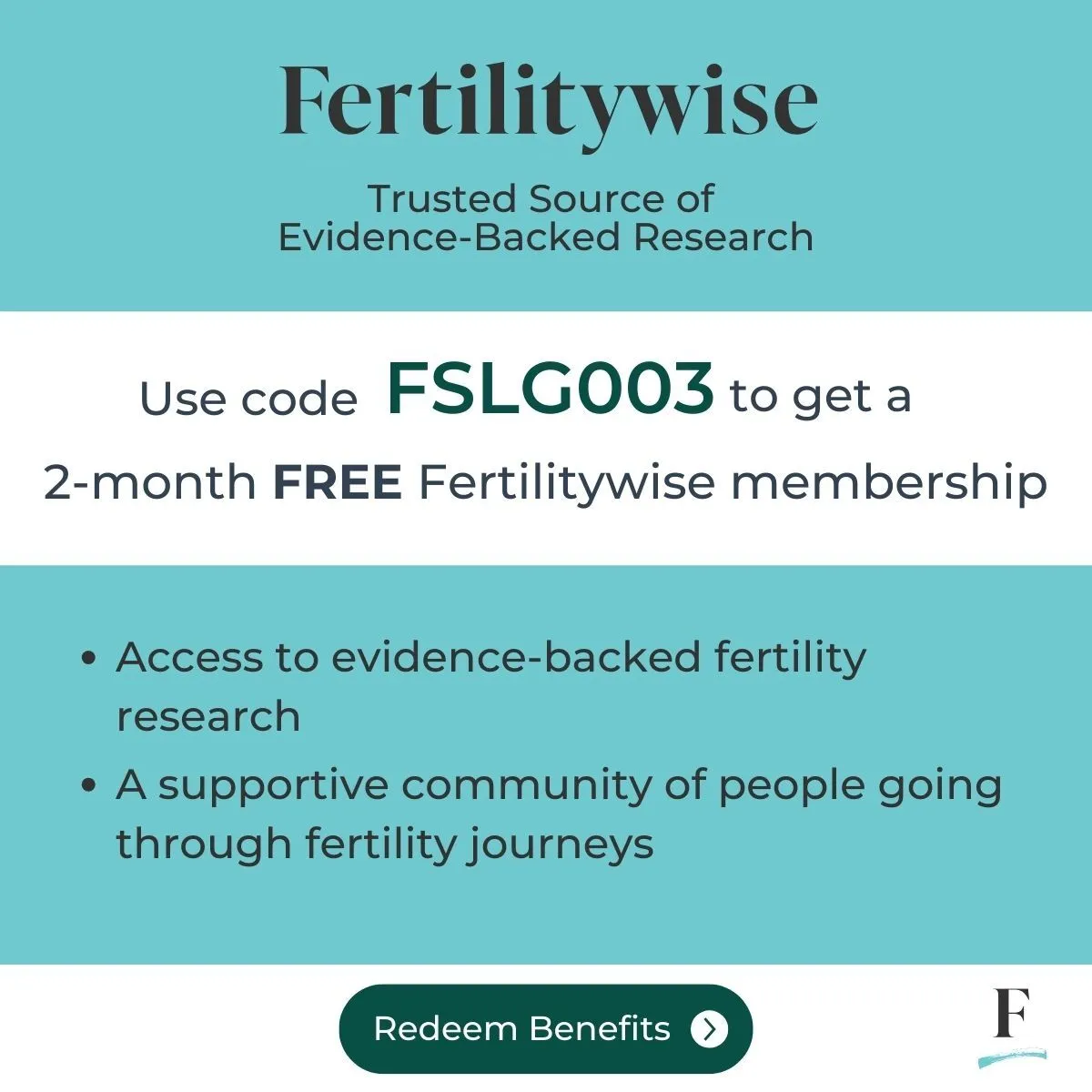Many California couples have infertility issues. As a result, it might be necessary to use a surrogate mother. It’s important to understand what this means.
What is a surrogate mother?
A surrogate mother is a woman who carries a baby for couples or individuals. Surrogacy is often used when a pregnancy would be considered high risk, when there are fertility issues or to help LGBTQ couples have a family.
What are the different types of surrogates?
There are two different types of surrogate mothers. Gestational surrogacy is the most common form. It involves a woman who agrees to carry a baby for someone else using an embryo that is implanted via in vitro fertilization. The surrogate’s egg is not used in the pregnancy, which means that she has no genetic relation to the child. The egg comes from the woman who is intended to be the mother or from a donor egg. The sperm comes from the man who is to be the father or from a donor. The gestational surrogate carries the baby to term.
Traditional surrogacy occurs when a woman’s own egg is fertilized through artificial insemination or in vitro fertilization. Because the surrogate’s egg is used, she is genetically related to the baby. However, she agrees to give up the child to a couple or individual who will serve as the legal parents.
This form of surrogacy carries many legal implications, so it’s no longer widely used. A situation could arise where the surrogate changes her mind and wants to keep the baby.
How can you find a surrogate?
Speaking with family or friends who’ve used surrogates might be the easiest way to start if you’re interested in surrogacy. You can also look for a surrogate by going through an agency that works with couples and individuals looking to start a family that way.

At Fertility & Surrogacy Legal Group, APC, we are passionate about helping families grow through assisted reproduction. Our attorneys provide trusted, compassionate legal guidance to protect your rights and make the family-building process as seamless as possible.

